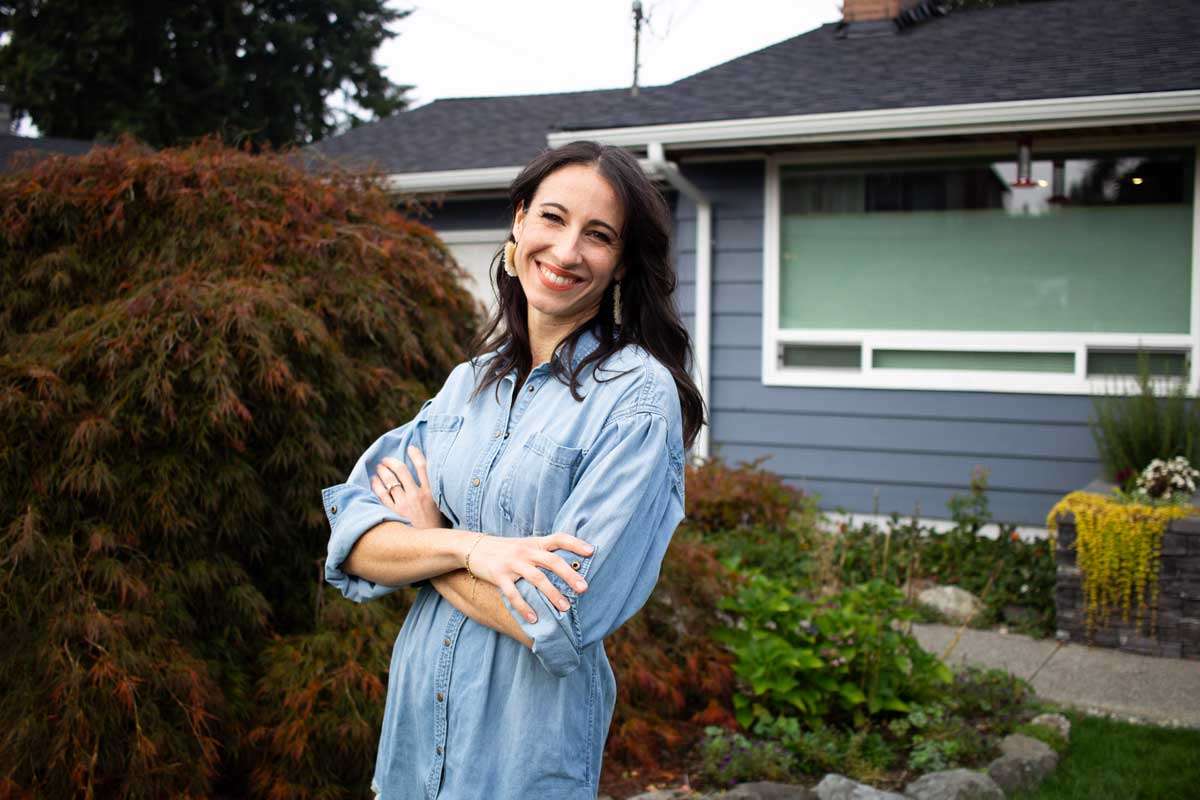Standing on Biblical Truth in a Therapeutic World

Counseling graduate Brittanie Hodgson reflects on the challenges of being a Christian therapist in secular contexts
In the 10 years since she graduated from Western Seminary’s counseling program, Brittanie Hodgson has seen a lot of trauma in her work as a therapist. Whether working with victims of sex trafficking, setting up safety plans for kids struggling with suicidal ideation, or offering crisis intervention services to emotionally disturbed children and their families, she keeps coming back to the same conclusion: Healthy attachment is vital for human beings.
“If you have a secure attachment, that sets you up to navigate life successfully,” she says. “So much trauma can be traced back to the breakdown of families.”
After spending several years working with children, adolescents, young adults, and families for multiple community health agencies in Seattle, Brittanie began to think of ways she might go upstream to address the attachment issues she was uncovering with her clients. She realized there was a need for more resources specific to adoption and foster care, so she helped start an attachment support group for non-biological caregivers, emphasizing the necessity of families to build self-esteem in children.
As a Christian, Brittanie sees Jesus as the ultimate answer to the need we all have for attachment: “This is the gospel! We are made for relationships and trust with someone who is beyond us.”
She admits that holding to biblical truth in a secular environment is becoming harder and harder in her profession. At one point, her colleagues criticized her for describing a client by her biological sex instead of as a “person with a uterus.” She has also seen how the push to embrace a person’s preferred pronouns can often feel like encouraging avoidance behaviors. But she acknowledges that Christian therapists are in a tough spot, because she understands that empathy is vital for successful therapy.
“I want to be accepting and tolerant, because that is the therapeutic approach,” she says. “But at the same time, in the therapy room we should be bringing hope and healing in a way that is aligned with who we are designed to be. We aren’t designed for broken relationships, addiction, or self-hatred.”
Brittanie is grateful for the way that her time at Western helped her grapple with how to hold tightly to biblical truth while incorporating insights from psychology. In every single assignment, she was encouraged to question, but to always come back to what the Bible says is true. “Common grace does come through in some of these therapeutic theories, but the therapeutic world is full of half-truths,” she says.
For those Christian therapists who are just starting out, Brittanie shares this advice: “If you ever get to a point where you ask, ‘Did God really say [that]?’, that should be an alarm to you. Not that you shouldn’t question, but truth does not crumble under questioning.”
Brittanie recently began homeschooling her three kids, and subsequently reduced her workload as a therapist. However, she continues to help with the attachment support group she started. Her family is also entering the process of being approved for foster care so that they can help to provide a secure spot for a child in in need of love and attachment.